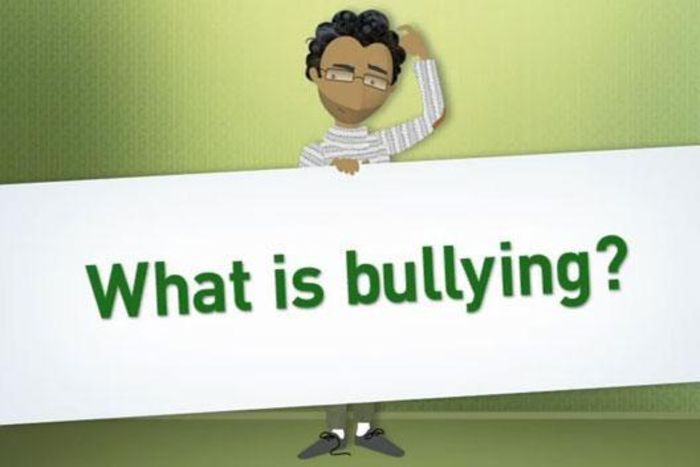Safety at School
BullyingWhat is Bullying?

NSW public school counsellor Caroline Powell explains what distinguishes bullying from regular playgrounds disagreements.
Transcript
Misunderstandings and arguments are pretty common in the playground. Kids are still developing social skills and learning how to communicate with others.
Not every incident or disagreement that upsets a student can be defined as bullying – sometimes it’s a one-off problem or a genuine misunderstanding.
Bullying is different. Bullying is a deliberate and repeated abuse of power of one student over another. It can be verbal, physical or psychological abuse that is intended to cause harm.
Lately, there has also been a lot of talk about cyberbullying.
This happens through communication technology like email, social networking sites such as MSN, Facebook and of course mobile phones.
This kind of harassment can be spread very quickly, not just to a child’s own friends, but way beyond the school community to complete strangers.
It can be devastating and needs to be taken as seriously as any other form of bullying.
Bullying is not a problem isolated to school yards. It can happen anywhere that kids socialise, including online.
It’s a community issue, which is why parents have such an important role to play in resolving this kind of negative and very damaging behaviour.
Unfortunately, parents often don’t hear about their child’s problems until the issue has really escalated and their child has been repeatedly harassed and hurt.
If your child is not one to talk openly – and many teenagers have trouble expressing themselves in this way – some of the signs that may indicate there is a problem are:
- Sudden physical pain – like stomach aches or head aches that keep them from school
- Finding it difficult to get out of bed or not wanting to go to school at all
- A change in their demeanour. Are they more withdrawn than usual? Do they look stressed or really miserable?
- Are they much angrier than normal? Is your child having trouble containing his emotions?
- Or perhaps you’ve noticed a sudden decline in academic performance?
I think the best advice I can give is trust your instincts. You know your child best. If you feel that there’s been a change in your child that lasts for more than a week make sure you follow it up.
About the speaker
Caroline Powell is a School Counsellor employed by the NSW Department of Education and Communities.


